For my second Women in Translation Month post of 2022, I’d like to tell you about Winter in Sochko (Open Letter Books, 2021), which I devoured in May on the flight home for my grandmother’s funeral and back, the first novel I have been able to devour since becoming a parent in January 2021. Its spareness, and its tense family relationships in relation to food, reminds me of another favorite work in translation, Lise Tremblay’s Mile End (trans. Gail Scott, Talon Books, 2002), though here the anger is more subdued and there’s no psychosis. The comparison to Marguerite Duras on the cover also feels apt. The writing is quite fluid and poetic. In fact, perhaps because of its fluidity, I read it too fast to truly appreciate the lyricism.
Oozing winter and fish, Sokcho waited.
Here is a characterization of Sokcho, the resort town on the border of South and North Korea. The protagonist is a young French-Korean woman working in a hotel, relieved to not be living with her mother anymore, who stuffs her with food and comments on her appearance and suffocates her each weekend visit. It’s the off-season, windy and raw; few guests are in the shabby hotel: a woman recovering from plastic surgery and, just arrived, a French graphic novelist who asks the narrator to show her around town. She has a boyfriend, an aspiring model, but surprise-surprise, it’s an unsatisfying relationship and the graphic novelist, an older man, holds a certain amount of intrigue. While she cooks for him she thinks:
Beef and raw fish smells were wafting together, heavy and pungent. I pictured Kerrand at his desk. Lips pursed, hand drifting through the air before landing at exactly the right spot on the paper. I always had the finished dish in mind when I cooked. Appearance, taste, nutritional balance. When he drew, he gave the impression of thinking only of the movements he made with his wrist and hand, that was how the image seemed to take life, with no prior conception.
An image taking to life with no prior conception: this seems to bring together for me the themes of identity in this book, of how to forge one’s identity through creative acts and how to try to live comfortably within one’s own skin. The many accolades this book has received comes as no surprise!

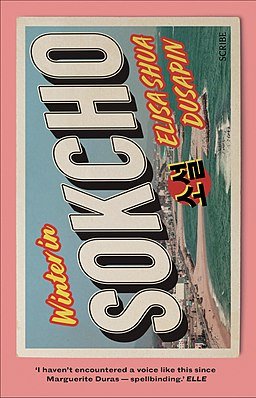


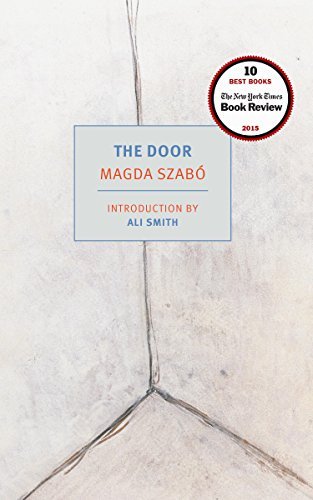
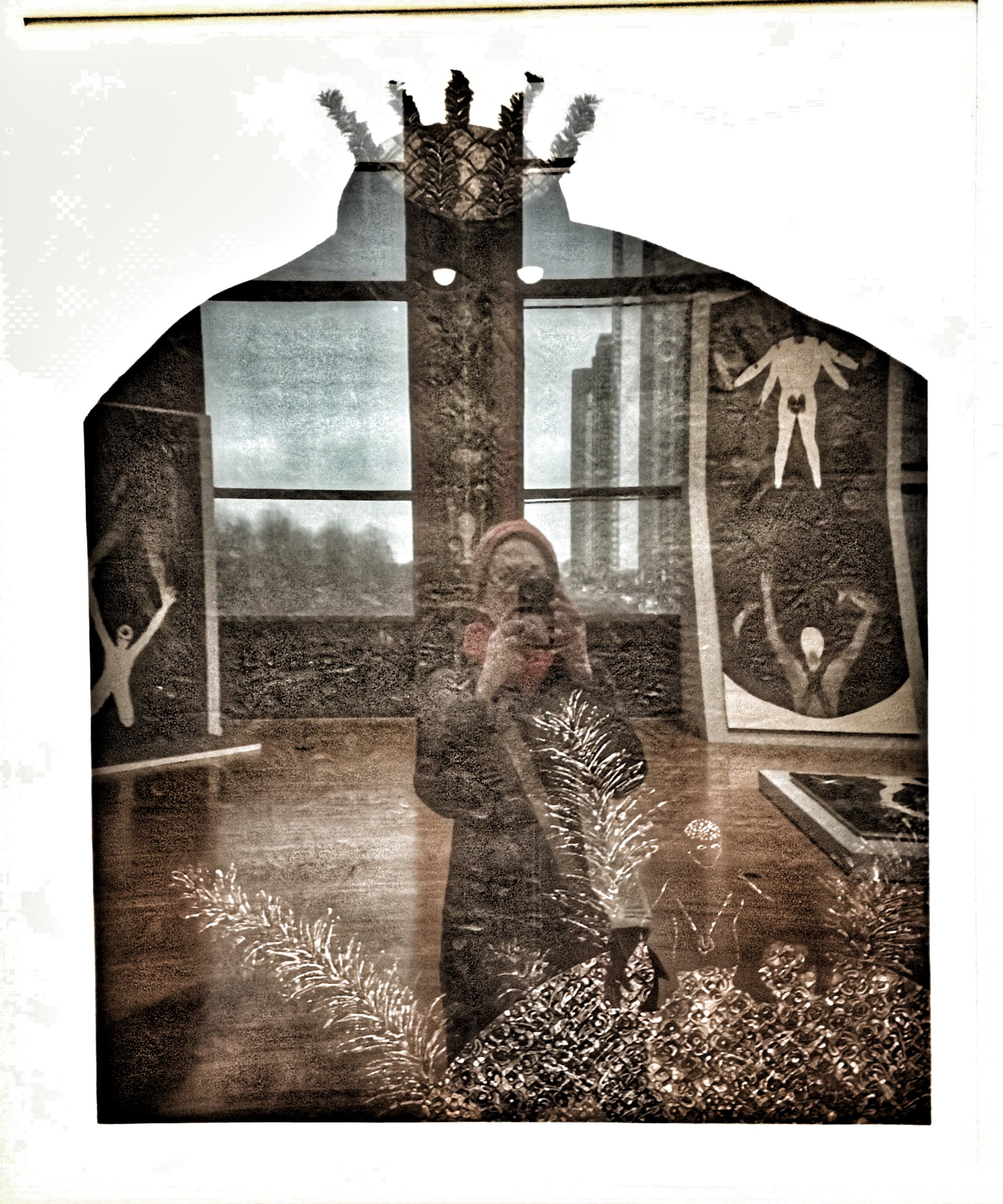
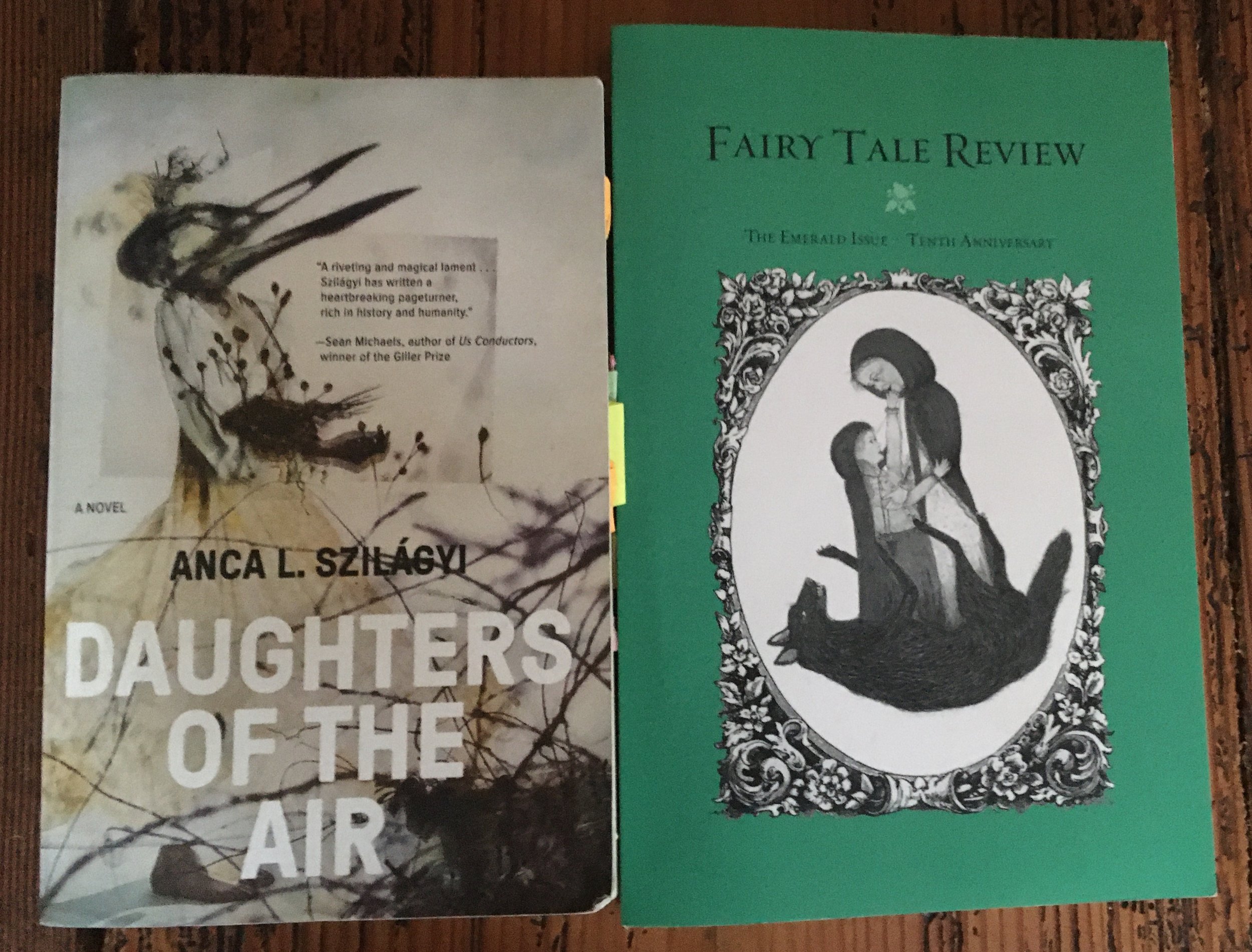
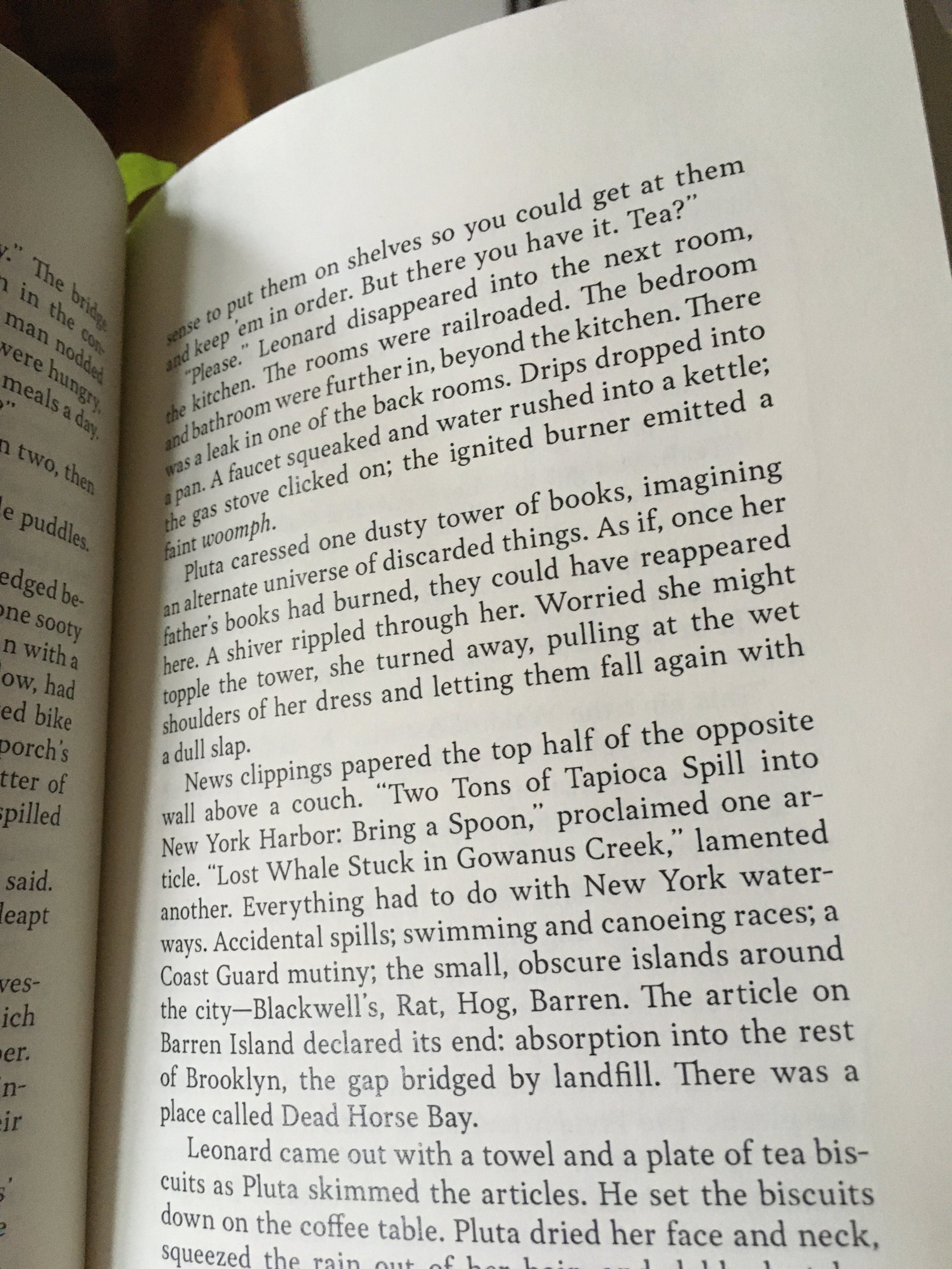
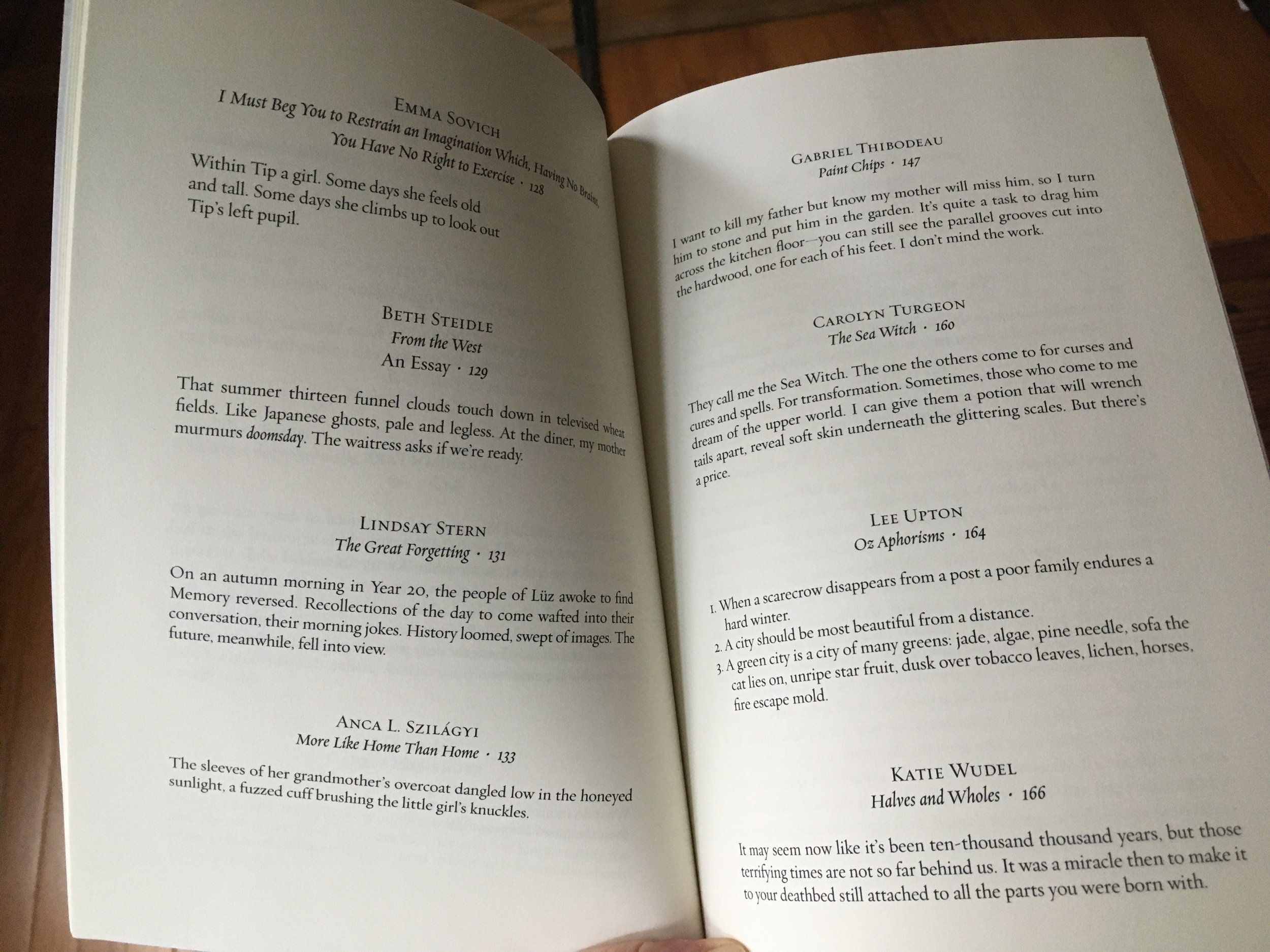
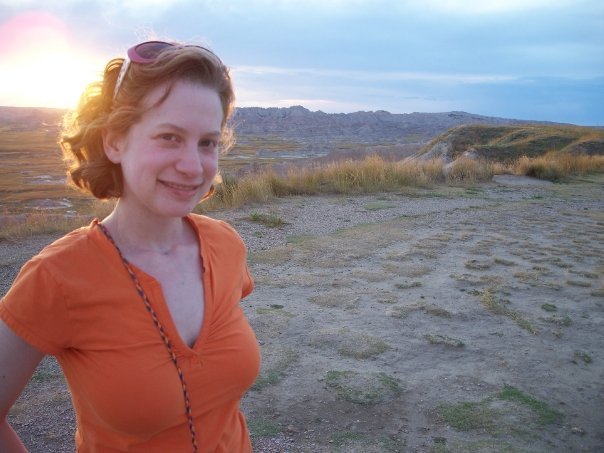
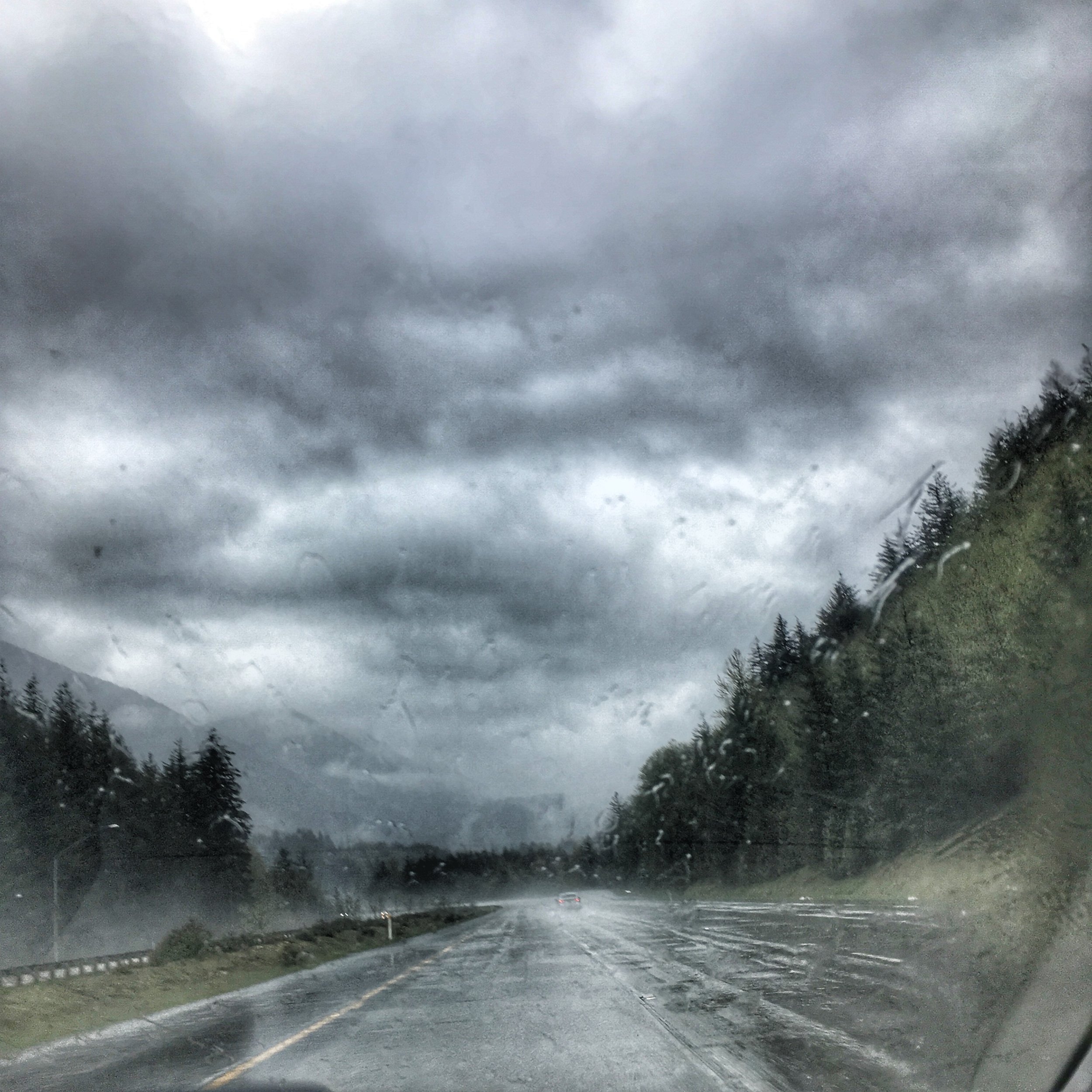
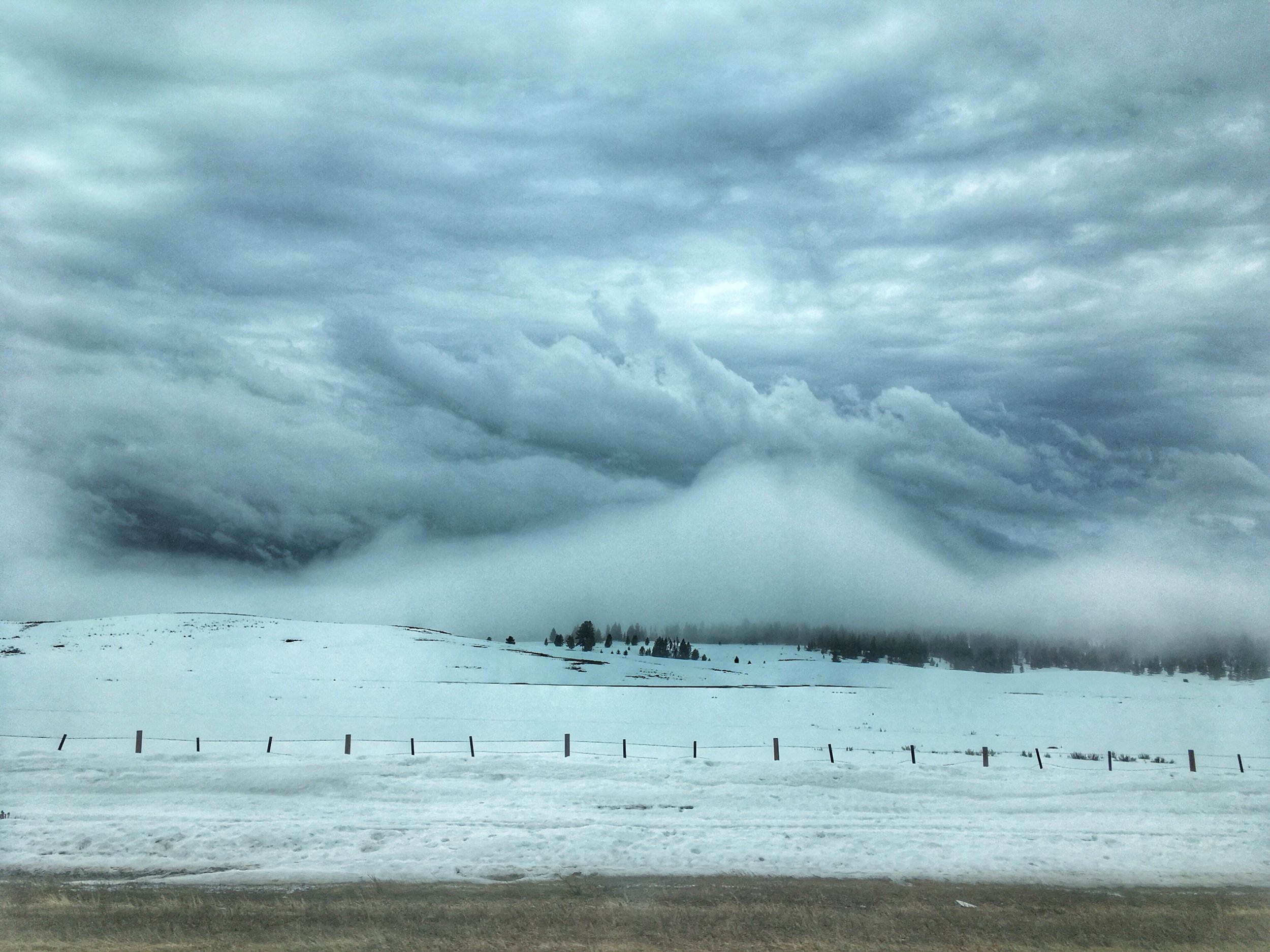
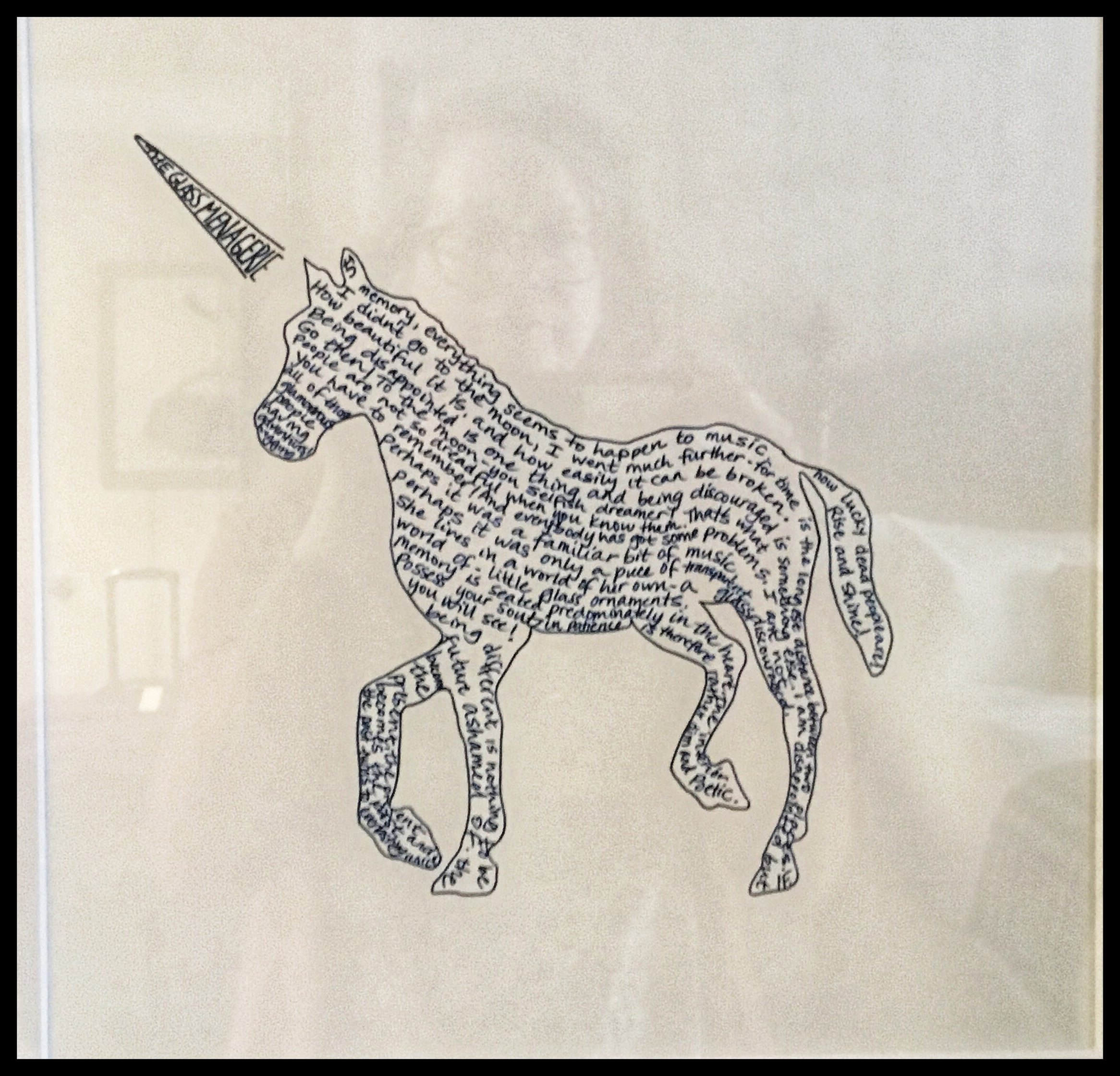
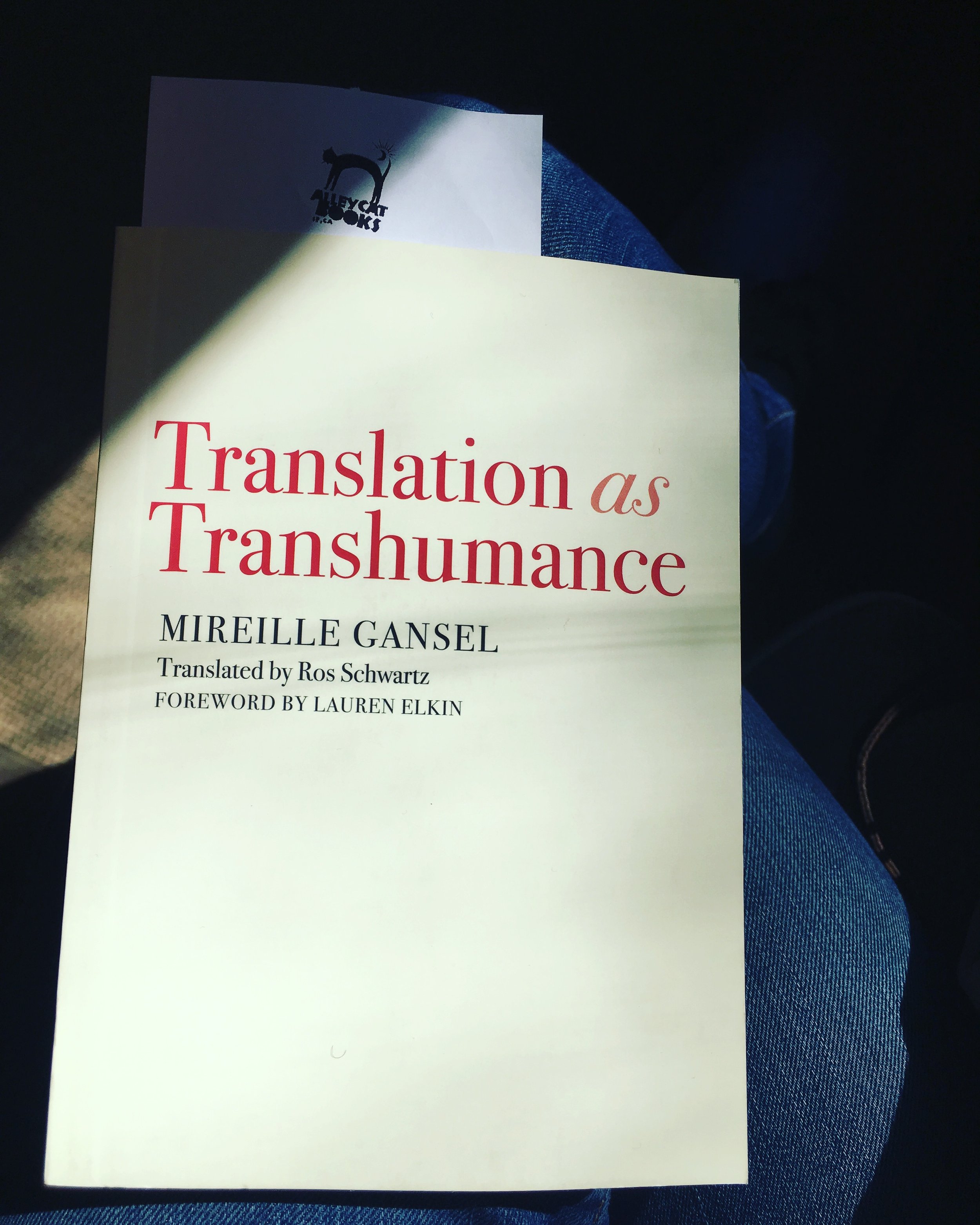
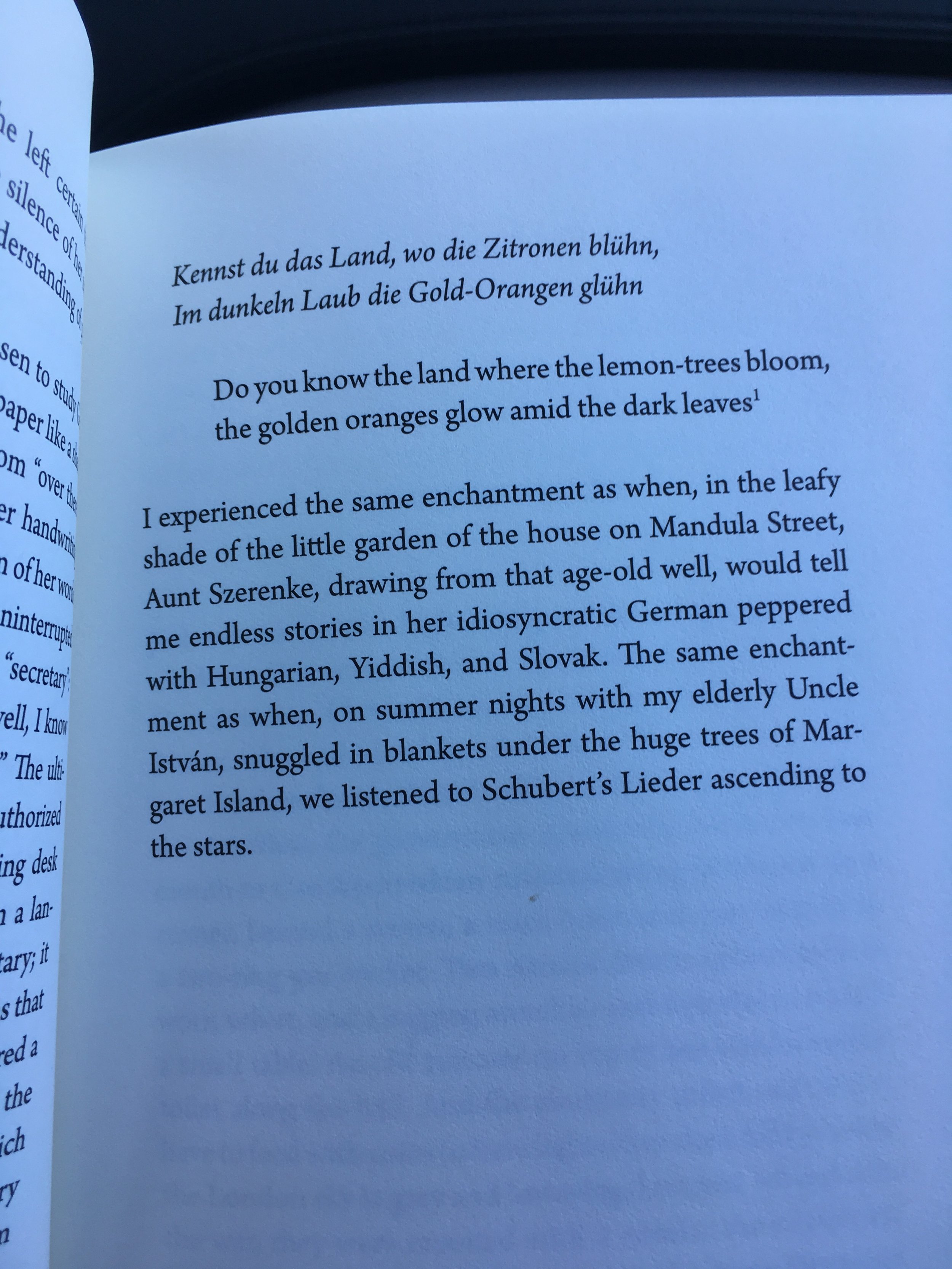
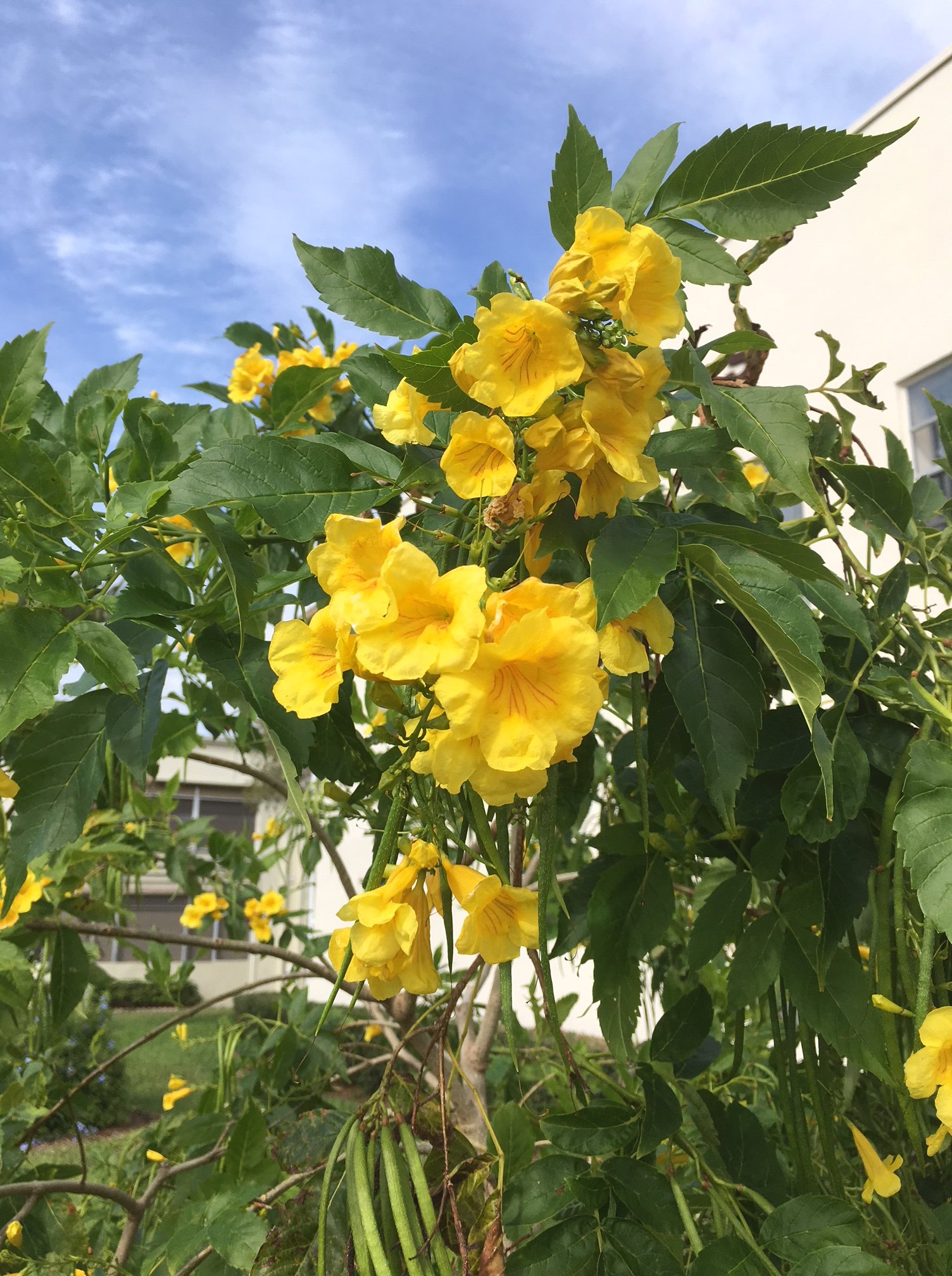 I'm back home after a whirlwind book tour that ended with AWP in Tampa. Michael and I drove up from Delray Beach through the Everglades, hoping to spot alligators, and though there were none, pelicans abounded.We arrived in time for me to catch one panel Thursday afternoon, "
I'm back home after a whirlwind book tour that ended with AWP in Tampa. Michael and I drove up from Delray Beach through the Everglades, hoping to spot alligators, and though there were none, pelicans abounded.We arrived in time for me to catch one panel Thursday afternoon, "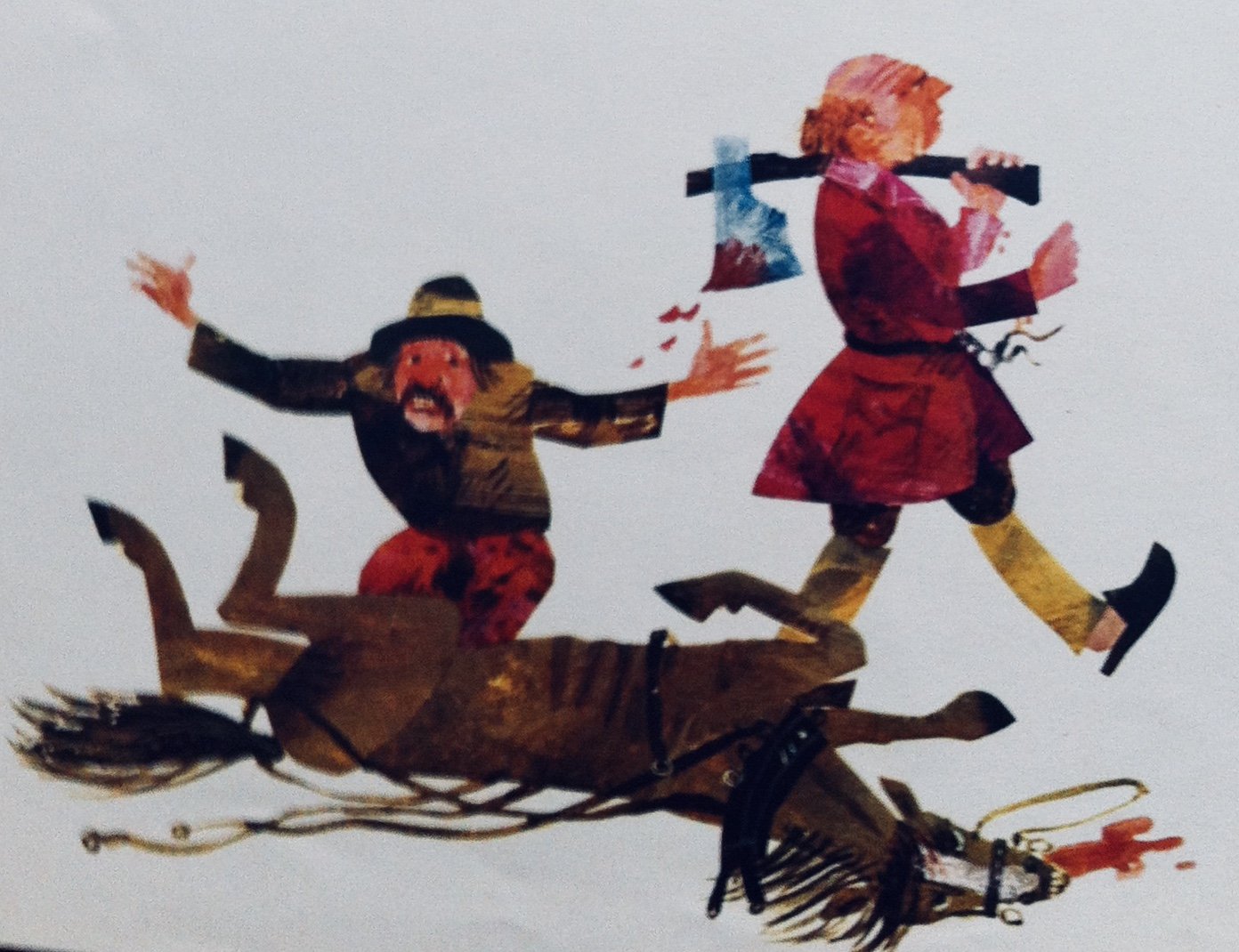 Over the summer, while immersing myself in Jess Walter's fiction in preparation for interviewing him in December (you can now watch his Word Works talk on time, and the Q & A, here on
Over the summer, while immersing myself in Jess Walter's fiction in preparation for interviewing him in December (you can now watch his Word Works talk on time, and the Q & A, here on 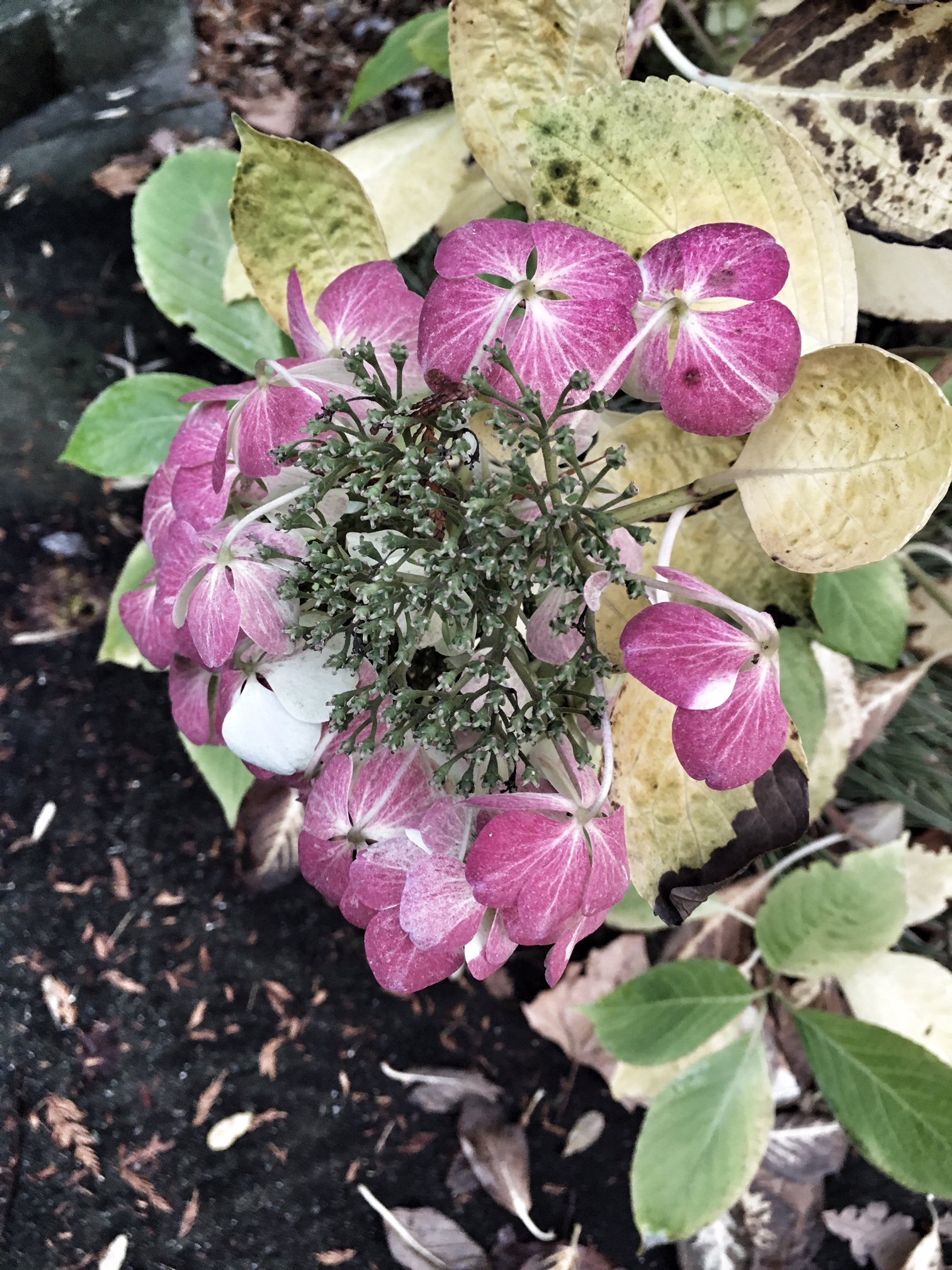 I'm excited to share that my story "
I'm excited to share that my story "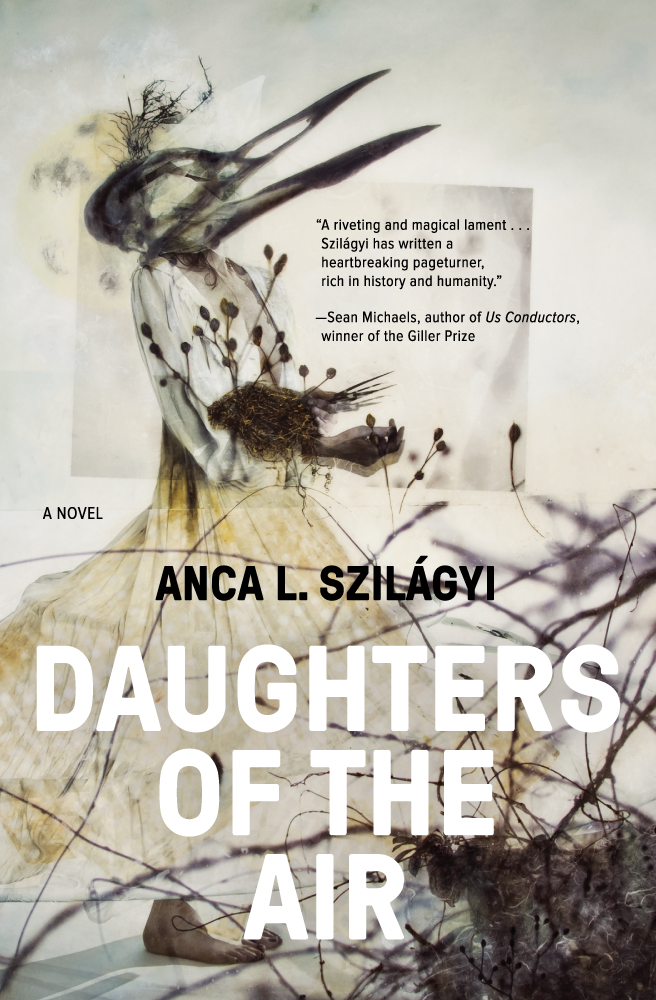 Today is the big day! Daughters of the Air is out in the world. I'm excited that after so many years this is really, really real. Really. It is out of my hands and readers are reading. Whoa.
Today is the big day! Daughters of the Air is out in the world. I'm excited that after so many years this is really, really real. Really. It is out of my hands and readers are reading. Whoa. 
 I'm delighted to have my prose poem "
I'm delighted to have my prose poem "
